Udicolic 150 Tablet 10's


MRP ₹238
(Inclusive of all Taxes)
₹35.7 Cashback (15%)
Selected Pack Size:10
10 ₹214.2
(₹21.42 per unit)
Out of stock
15 ₹398.65
(₹26.58 per unit)
Out of stock
Provide Delivery Location
Online payment accepted
 Prescription drug
Prescription drugWhats That
Composition :
Manufacturer/Marketer :
Consume Type :
Return Policy :
About Udicolic 150 Tablet 10's
Udicolic 150 Tablet 10's belongs to a group of medicines called the biliary agents or gall stone dissolution agents used to treat gall stones, primary biliary cholangitis (an autoimmune disease of the liver), excess cholesterol in bile and children above 6years with biliary and liver diseases caused by cystic fibrosis.
Udicolic 150 Tablet 10's contains ursodeoxycholic acid, which is a naturally-occurring bile acid. Udicolic 150 Tablet 10's helps decrease the production of cholesterol in the blood, thereby dissolving gall bladder stones composed mainly of cholesterol. Udicolic 150 Tablet 10's has a protective effect on the liver cells from injury caused due to toxic bile acids and improves liver function.
Take Udicolic 150 Tablet 10's with food. You are advised to take Udicolic 150 Tablet 10's for as long as your doctor has prescribed it for you depending on your medical condition. In some cases, you may experience certain common side-effects such as abdominal discomfort, abdominal pain, diarrhoea, nausea, rash, dizziness, indigestion and weakness. Most of these side-effects do not require medical attention and will resolve gradually over time. However, you are advised to talk to your doctor if you experience these side-effects persistently.
Inform your doctor before taking Udicolic 150 Tablet 10's if you have variceal bleeding (high blood pressure in portal veins), ascites (excess abdominal fluid), liver encephalopathy or liver disease. Do not take Udicolic 150 Tablet 10's if you are pregnant or breastfeeding unless prescribed. Udicolic 150 Tablet 10's can be given to children above 6 years if prescribed by the doctor. Avoid consuming alcohol along with Udicolic 150 Tablet 10's as it could lead to increased drowsiness and liver damage. Keep your doctor informed about your health condition and medicines to rule out any side-effects.
Uses of Udicolic 150 Tablet 10's
Directions for Use
Medicinal Benefits
Udicolic 150 Tablet 10's contains ursodeoxycholic acid, which is a naturally-occurring bile acid. It belongs to a group of medicines called the biliary agent or gall stone dissolution agents used to treat gall stones, primary biliary cholangitis (an autoimmune disease of the liver), excess cholesterol in bile children above 6 years with biliary and liver diseases caused by cystic fibrosis. Udicolic 150 Tablet 10's breaks down the cholesterol that has formed into gall bladder stones, thereby dissolves the stones. Udicolic 150 Tablet 10's has a protective effect on the liver cells and the immune system, thereby improving liver function. Udicolic 150 Tablet 10's decreases the amount of cholesterol produced by the liver and absorbed by the intestine. In patients with primary biliary cirrhosis, Udicolic 150 Tablet 10's increases the bile flow.
Storage
- Inform your doctor about dizziness symptoms. They may adjust your medication regimen or prescribe additional medications to manage symptoms.
- Follow your doctor's instructions for taking medication, and take it at the same time every day to minimize dizziness.
- When standing up, do so slowly and carefully to avoid sudden dizziness.
- Avoid making sudden movements, such as turning or bending quickly, which can exacerbate dizziness.
- Drink plenty of water throughout the day to stay hydrated and help alleviate dizziness symptoms.
- If you're feeling dizzy, sit or lie down and rest until the dizziness passes.
- Track when dizziness occurs and any factors that may trigger it, and share this information with your doctor to help manage symptoms.
- Take medications with food (if recommended): It can help prevent stomach distress and indigestion.
- Eat smaller, more frequent meals: Divide daily food intake into smaller, more frequent meals to ease digestion.
- Avoid trigger foods: Identify and avoid foods that trigger indigestion, such as spicy, fatty, or acidic foods.
- Stay upright after eating: Sit or stand upright for at least 1-2 hours after eating to prevent stomach acid from flowing into the oesophagus.
- Avoid carbonated drinks: Avoid drinking carbonated beverages, such as soda or beer, which can worsen indigestion.
- Manage stress: To alleviate indigestion, engage in stress-reducing activities like deep breathing exercises or meditation.
- Consult a doctor if needed: If indigestion worsens or persists, consult a healthcare professional to adjust the medication regimen or explore alternative treatments.
Drug Warnings
Do not take Udicolic 150 Tablet 10's if you are allergic to any of its contents, if you have inflammation of gall bladder and bile ducts, narrowing or blockage bile ducts, biliary colic, calcified gallstones, improper constriction of the gallbladder, gastric or duodenal ulcer. Inform your doctor before taking Udicolic 150 Tablet 10's if you have variceal bleeding (high blood pressure in portal veins), ascites (excess abdominal fluid), liver encephalopathy or liver disease. Consult your doctor before taking Udicolic 150 Tablet 10's with other medicines as Udicolic 150 Tablet 10's might reduce the absorption of antibiotics (ciprofloxacin and dapsone) and antihypertensive agents (nitrendipine), increase the effect of immunosuppressants (cyclosporine), oral contraceptives (oestrogen) and cholesterol-lowering agents (clofibrate) might promote the formation of gallstones. Do not take Udicolic 150 Tablet 10's if you are pregnant or breastfeeding unless prescribed. Udicolic 150 Tablet 10's can be given to children above 6 years if prescribed by the doctor. Avoid consuming alcohol along with Udicolic 150 Tablet 10's as it could lead to increased drowsiness and liver damage. Keep your doctor informed about your health condition and medicines to rule out any unpleasant side-effects.
Drug-Drug Interactions
Drug-Drug Interactions
Login/Sign Up
Drug-Food Interactions
Drug-Food Interactions
Login/Sign Up
Diet & Lifestyle Advise
- Include foods such as bell peppers, citrus fruits, leafy vegetables, tomatoes, milk, fish, low-fat dairy, beans, nuts, lentils, tofu and tempeh in your diet.
- Eat a healthy, well-balanced diet which includes fruits and vegetables.
- Foods rich in Vitamin B, C and calcium, are good for gallbladder.
- Plant-based protein foods such as beans, nuts, lentils, tofu and tempeh help prevent gallbladder disease.
- Avoid high-fat, trans-fat and processed foods.
- White bread, white pasta and sugars should be avoided.
- Avoid tobacco and alcohol consumption.
Side Effects of Udicolic 150 Tablet 10's
- Abdominal discomfort
- Abdominal pain
- Diarrhoea
- Nausea
- Fever
- Cough
- Rash
- Dizziness
- Indigestion
- Black or tarry stools
- Frequent and painful urination
- Weakness
Habit Forming
Therapeutic Class
Product Substitutes
Author Details
We provide you with authentic, trustworthy and relevant information
Drug-Diseases Interactions
Drug-Diseases Interactions
Login/Sign Up
FAQs
Udicolic 150 Tablet 10's works in decreasing the production of cholesterol and by dissolving the cholesterol in bile, thereby prevents the formation of gallstones. Udicolic 150 Tablet 10's decreases the toxic levels of bile acids that accumulate in primary biliary cirrhosis.
Do not discontinue Udicolic 150 Tablet 10's without consulting your doctor. To treat your condition effectually continue taking Udicolic 150 Tablet 10's for as long as prescribed. Do not be reluctant to speak with your doctor if you feel any difficulty while taking Udicolic 150 Tablet 10's.
Diarrhoea might be a side-effect of Udicolic 150 Tablet 10's. Drink lots of fluids and eat food rich in fibre if you experience diarrhoea. If you find blood in stools (tarry stools) or if you experience excess diarrhoea consult your doctor. Do not take anti-diarrheal medicine on your own.
Avoid taking aluminium-containing antacids along with Udicolic 150 Tablet 10's as they might interfere with the absorption of Udicolic 150 Tablet 10's. Maintain a gap of 2 hours between both.
Udicolic 150 Tablet 10's might reduce the absorption of antibiotics (ciprofloxacin and dapsone) and antihypertensive agents (nitrendipine). Udicolic 150 Tablet 10's might increase the effect of immunosuppressants (cyclosporine). Cholesterol-lowering agents (clofibrate) might promote the formation of gallstones. Inform your doctor before taking Udicolic 150 Tablet 10's with other medicines to avoid unpleasant side-effects.
Oral contraceptives (oestrogen) might promote the formation of gallstones. Consult your doctor if you have any concerns regarding this, your doctor may advise other contraception methods.
Drug-Drug Interactions Checker List
- CIPROFLOXACIN
- DAPSONE
- CYCLOSPORINE
- ESTROGEN
- ALUMINUM HYDROXIDE
- ALUMINUM CARBONATE
- NITRENDIPINE
- MAGALDRATE
Special Advise
- Your doctor may advice regular liver function test to monitor the function of the liver and the progress of the treatment.
- Udicolic 150 Tablet 10's may rarely cause thinning and loss of hair, if there is excessive loss of hair consult your doctor for further advice.
Disease/Condition Glossary
Primary biliary cholangitis: Primary biliary cholangitis, formerly known as primary biliary cirrhosis, is an autoimmune disease caused by bile ducts damage in the liver. Bile ducts are the small channels which carry the bile (digestive fluid) from the liver to small intestine where it breaks down fats and aids in its absorption. Biliary cirrhosis causes a build-up of bile in the liver, which leads to liver damage.
Gallbladder stones: Gallbladder is a small organ located below the liver which stores bile, which helps with digestion. Excess cholesterol in bile leads to the formation of gallstones. Gallstones can cause pain in the abdomen, dark urine and stools, indigestion, diarrhoea, nausea and vomiting.
Cystic fibrosis: It is a hereditary disease that affects the digestive system and lungs. In this condition, the body produces a thick and sticky fluid that obstructs the pancreas and clogs the lungs.

Have a query?
Alcohol
Unsafe
Avoid consumption of alcohol while taking Udicolic 150 Tablet 10's as it may cause increased dizziness and liver damage.
Pregnancy
Caution
Udicolic 150 Tablet 10's belongs to pregnancy category B. Please consult your doctor if you have any concerns regarding this, your doctor will prescribe only if the benefits outweigh the risks.
Breast Feeding
Caution
Consult your doctor before taking Udicolic 150 Tablet 10's; your doctor will decide whether Udicolic 150 Tablet 10's can be taken by breastfeeding mothers or not.
Driving
Caution
Udicolic 150 Tablet 10's does not affect your ability to drive. However, you are advised to be cautious while driving if you experience dizziness.
Liver
Caution
Dose adjustment may be needed in patients with liver impairment. Please consult your doctor if you have a liver impairment or any concerns regarding this.
Kidney
Caution
Dose adjustment may be needed in patients with kidney impairment. Please consult your doctor if you have kidney impairment or any concerns regarding this.
Children
Caution
Udicolic 150 Tablet 10's can be given to children with caution above 6 years and only if prescribed by the doctor.



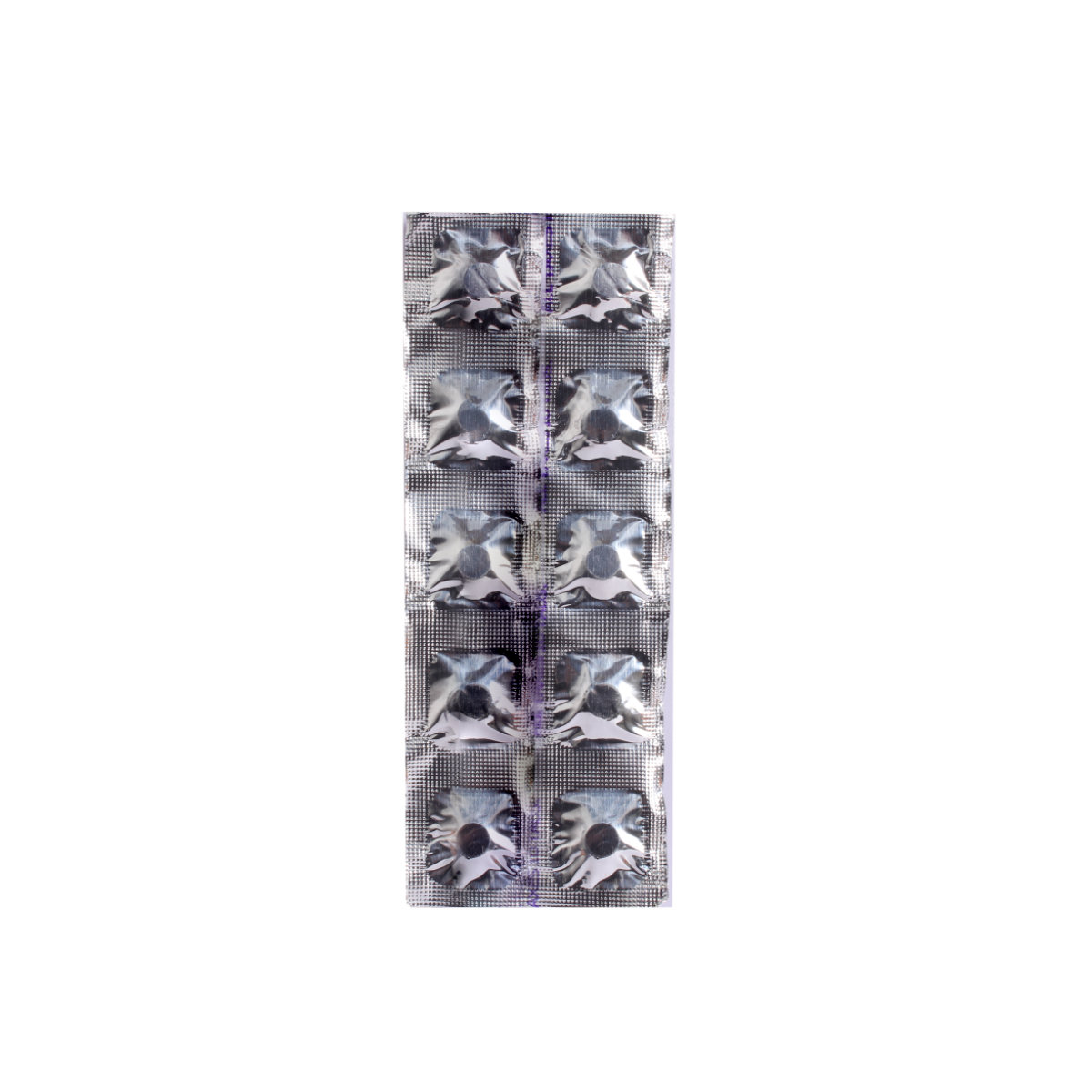
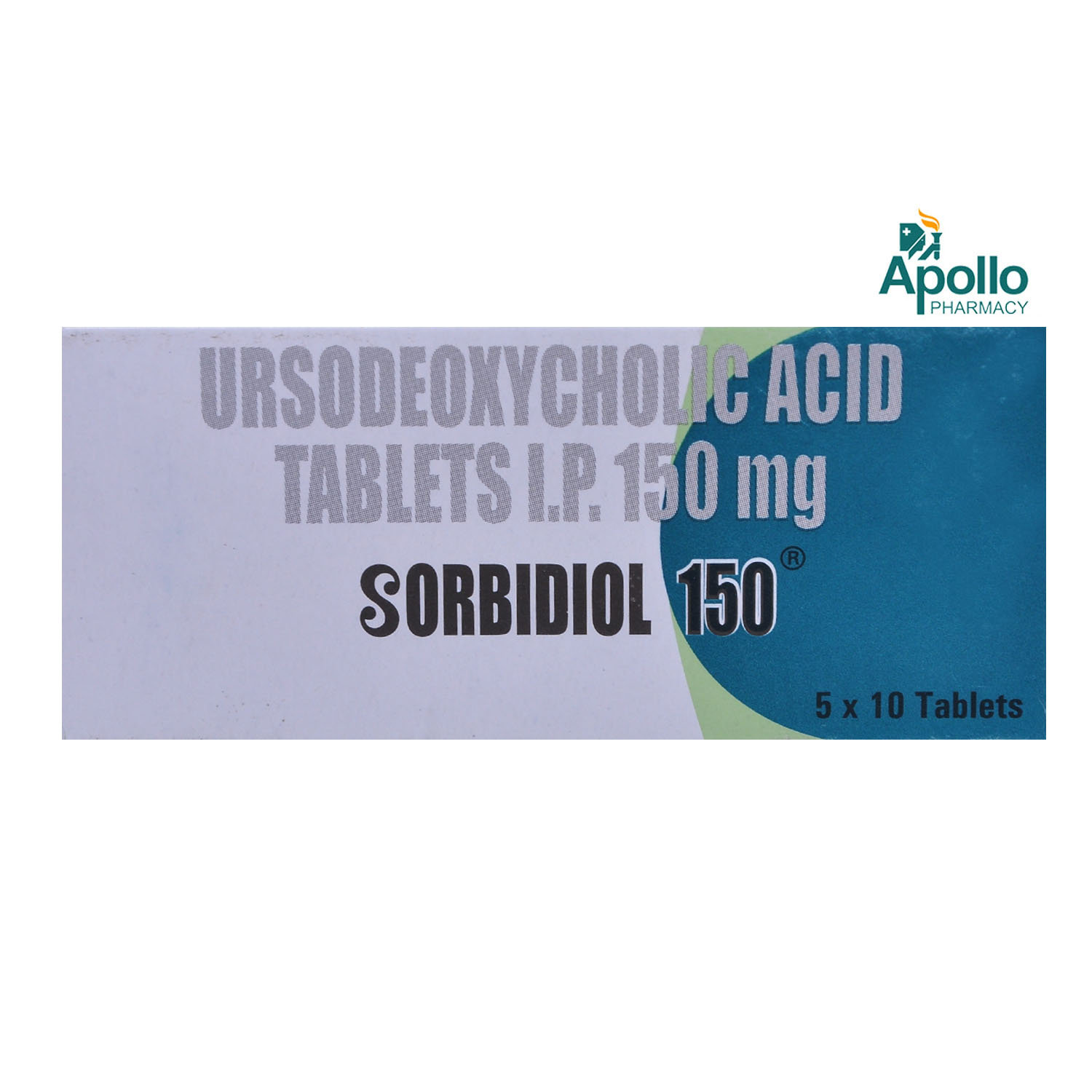

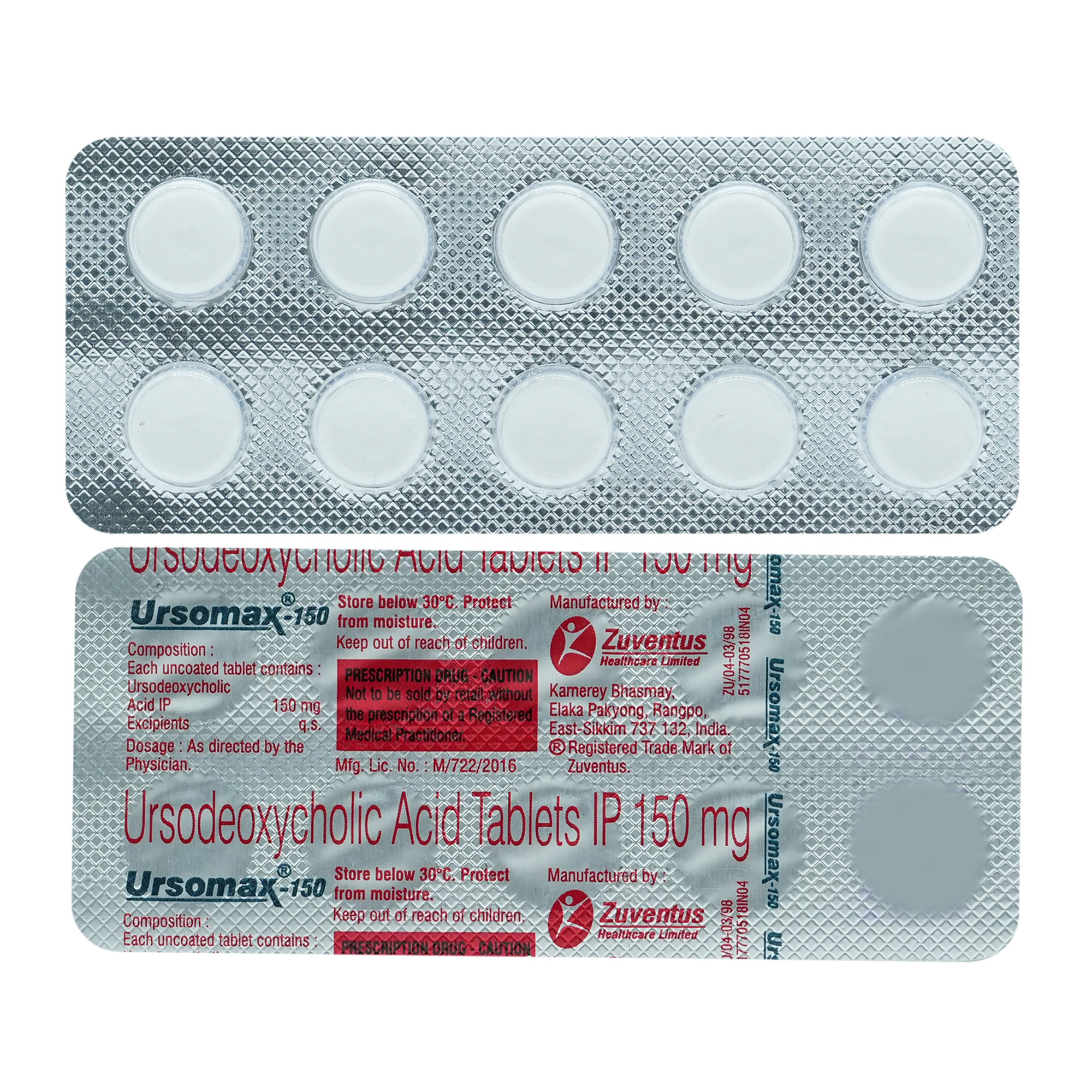
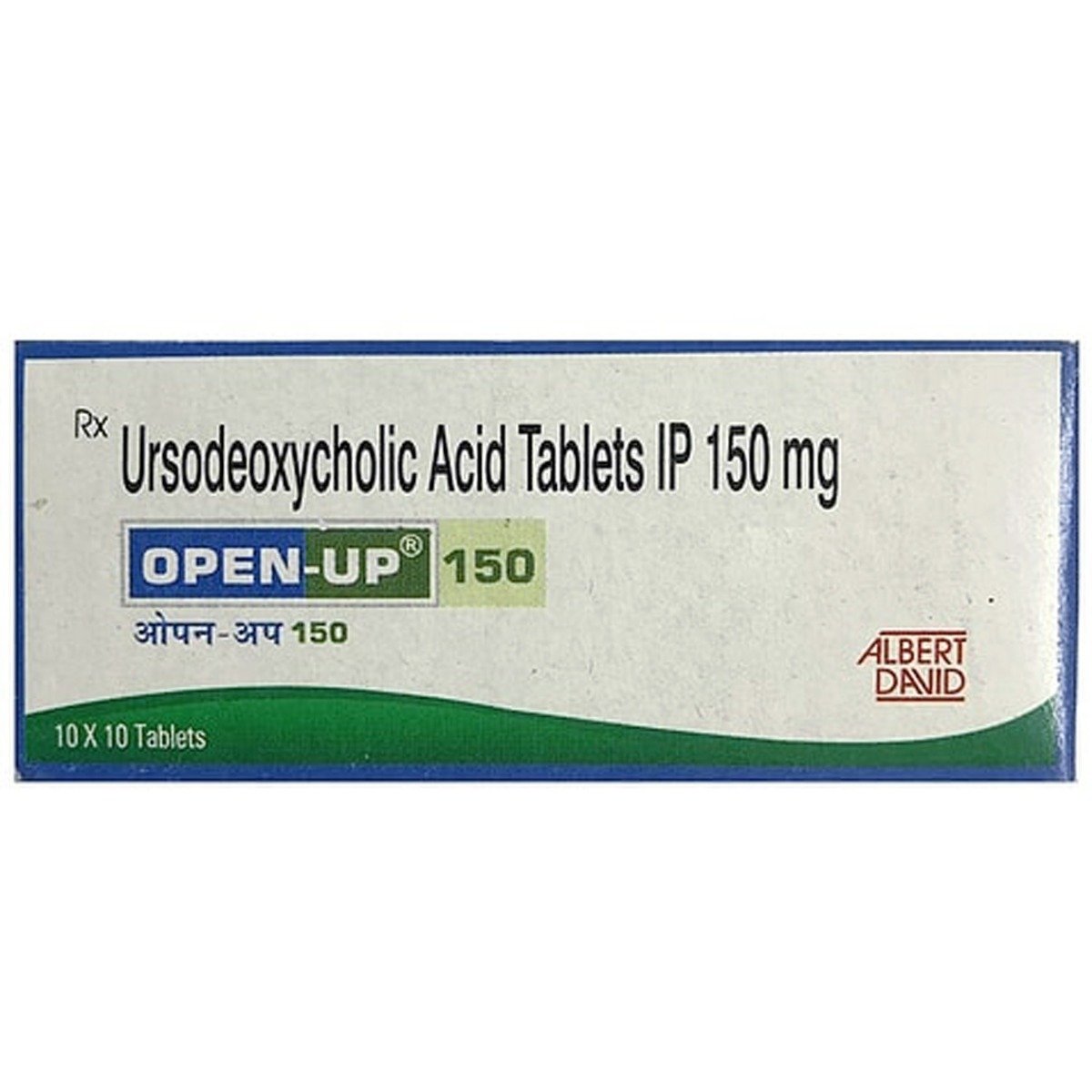
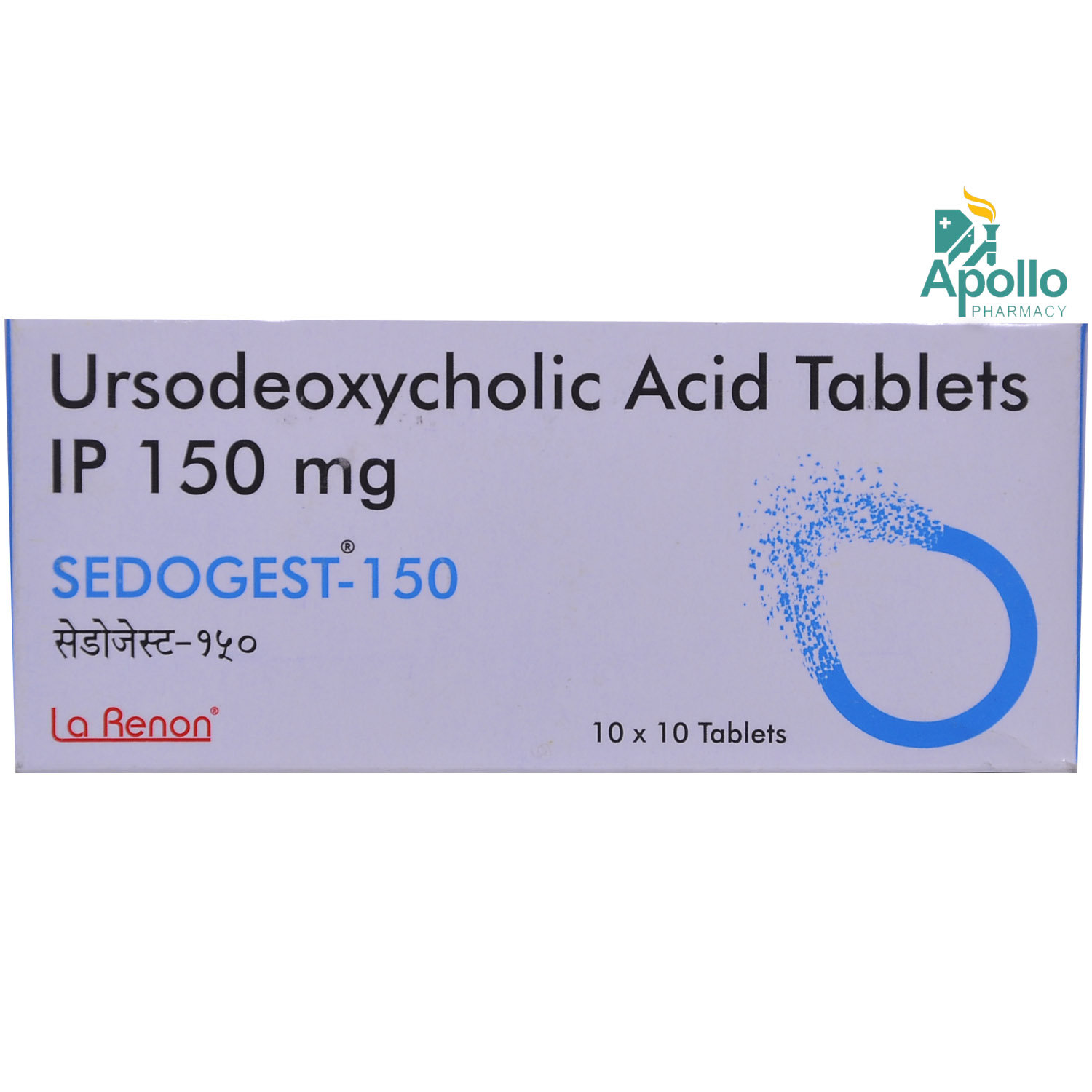
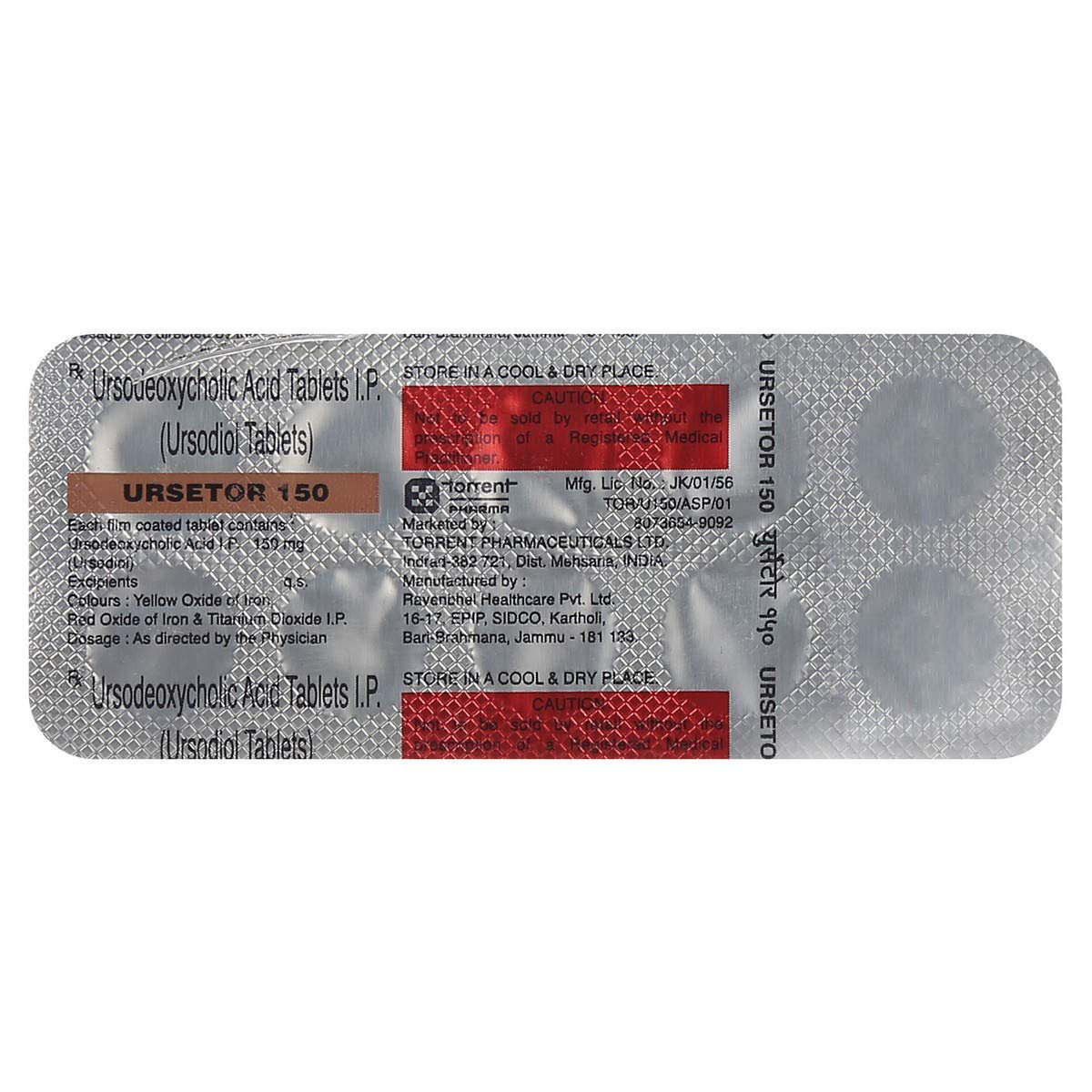
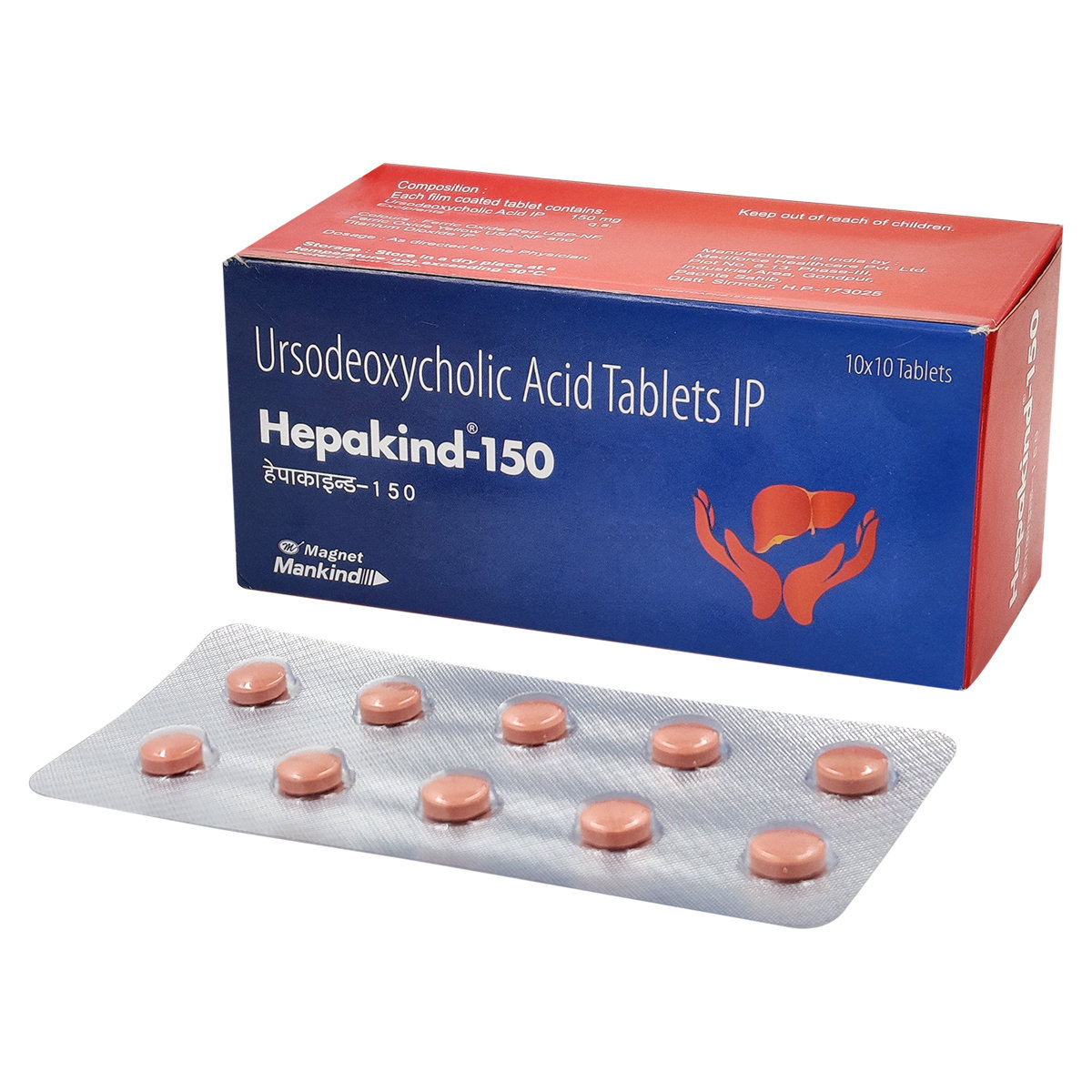
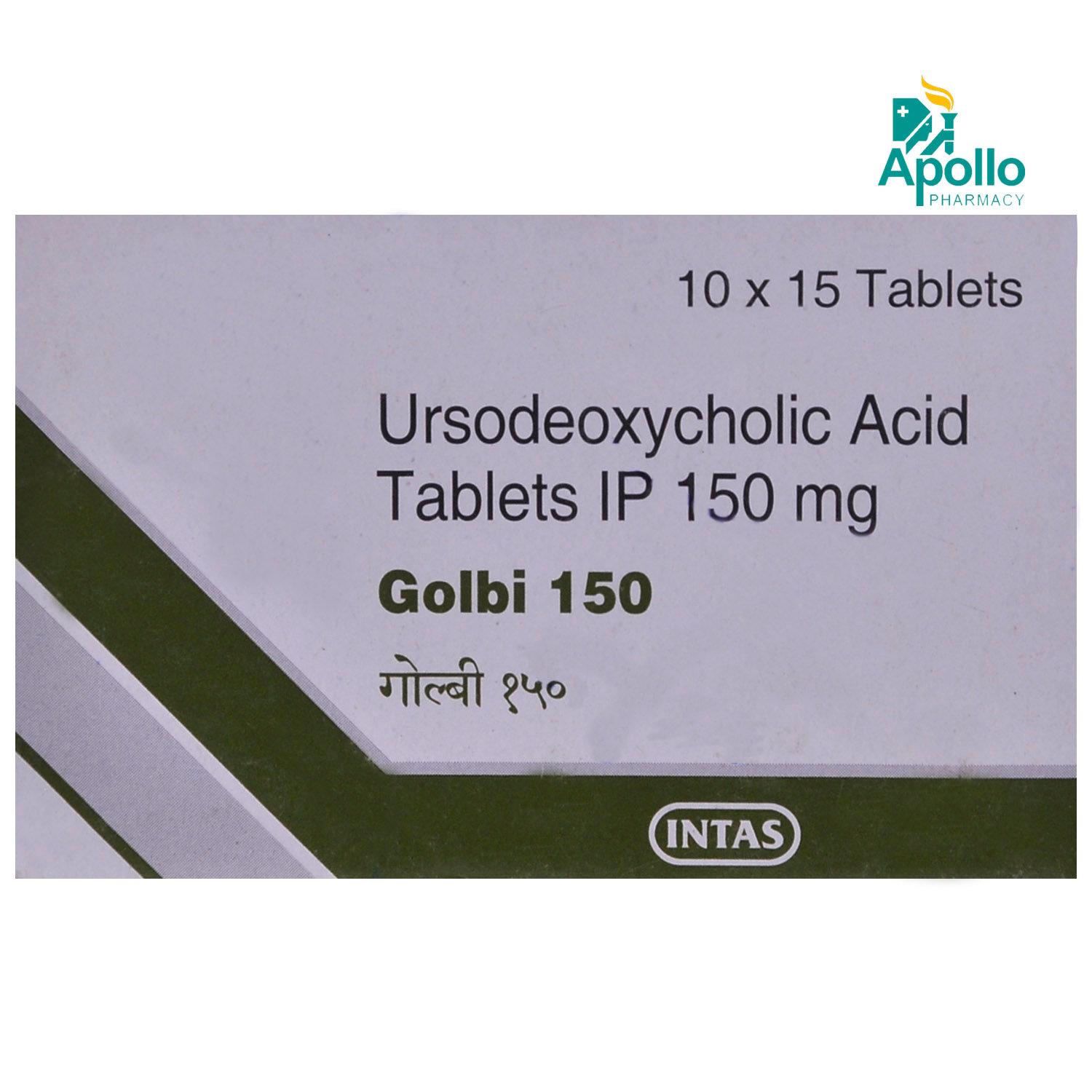

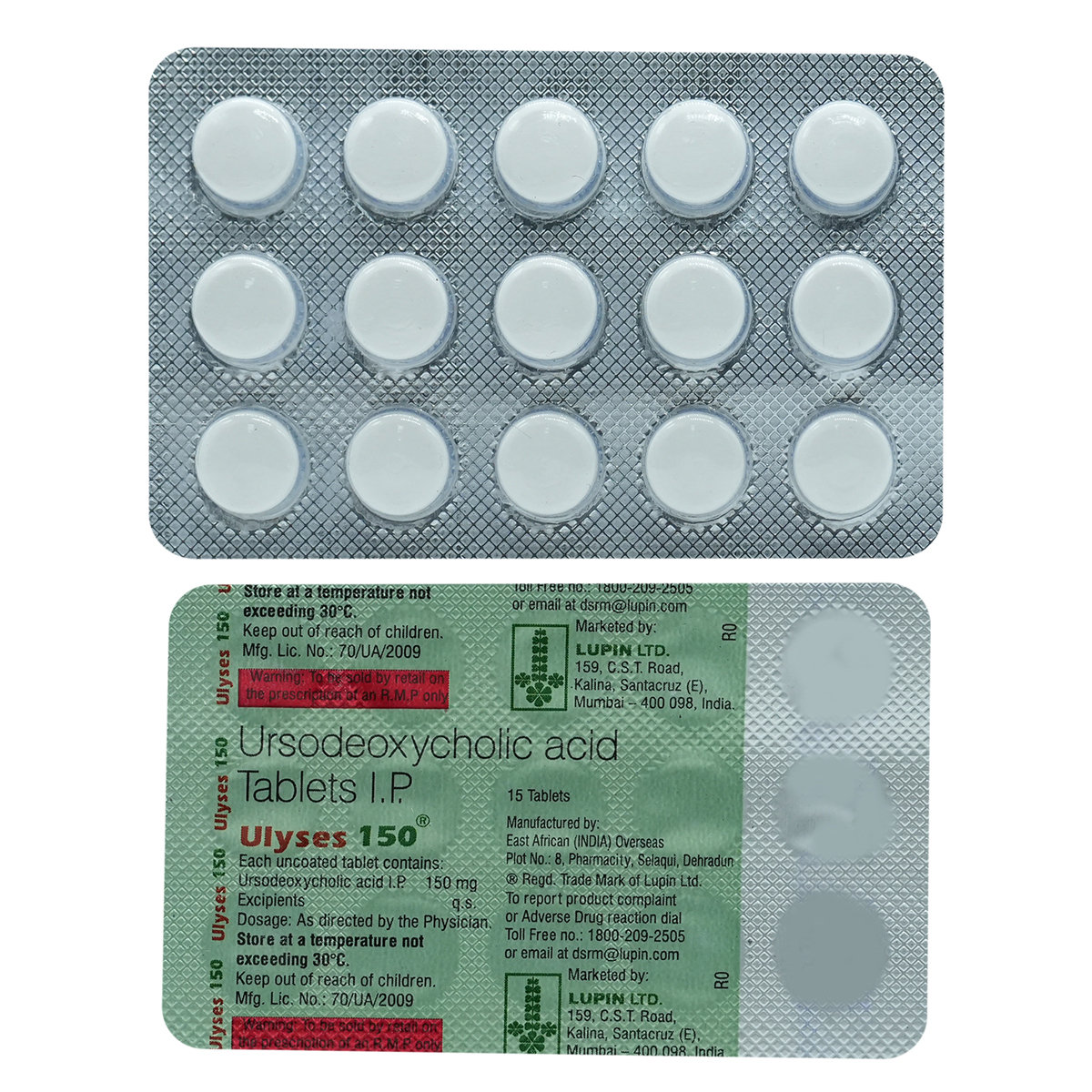
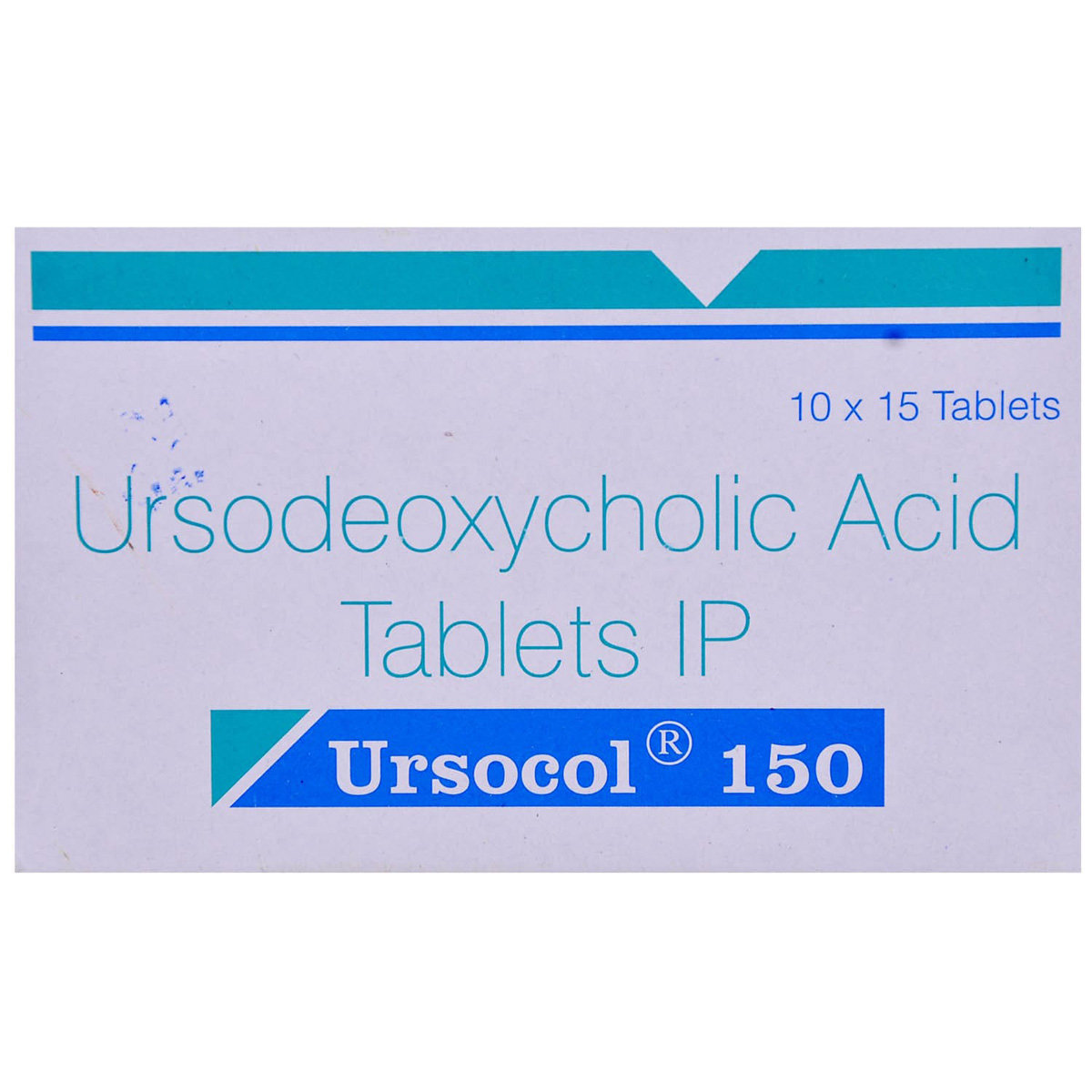
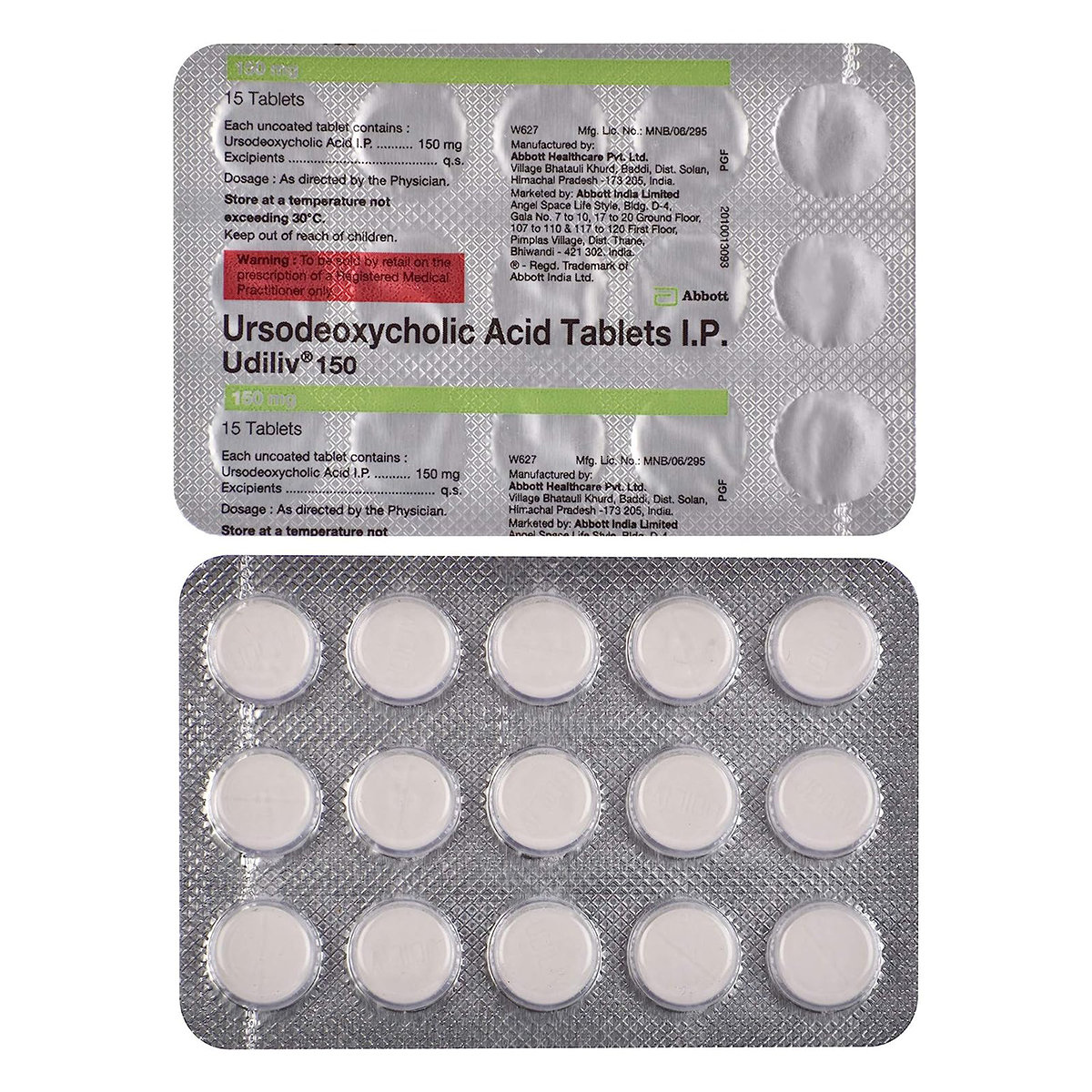
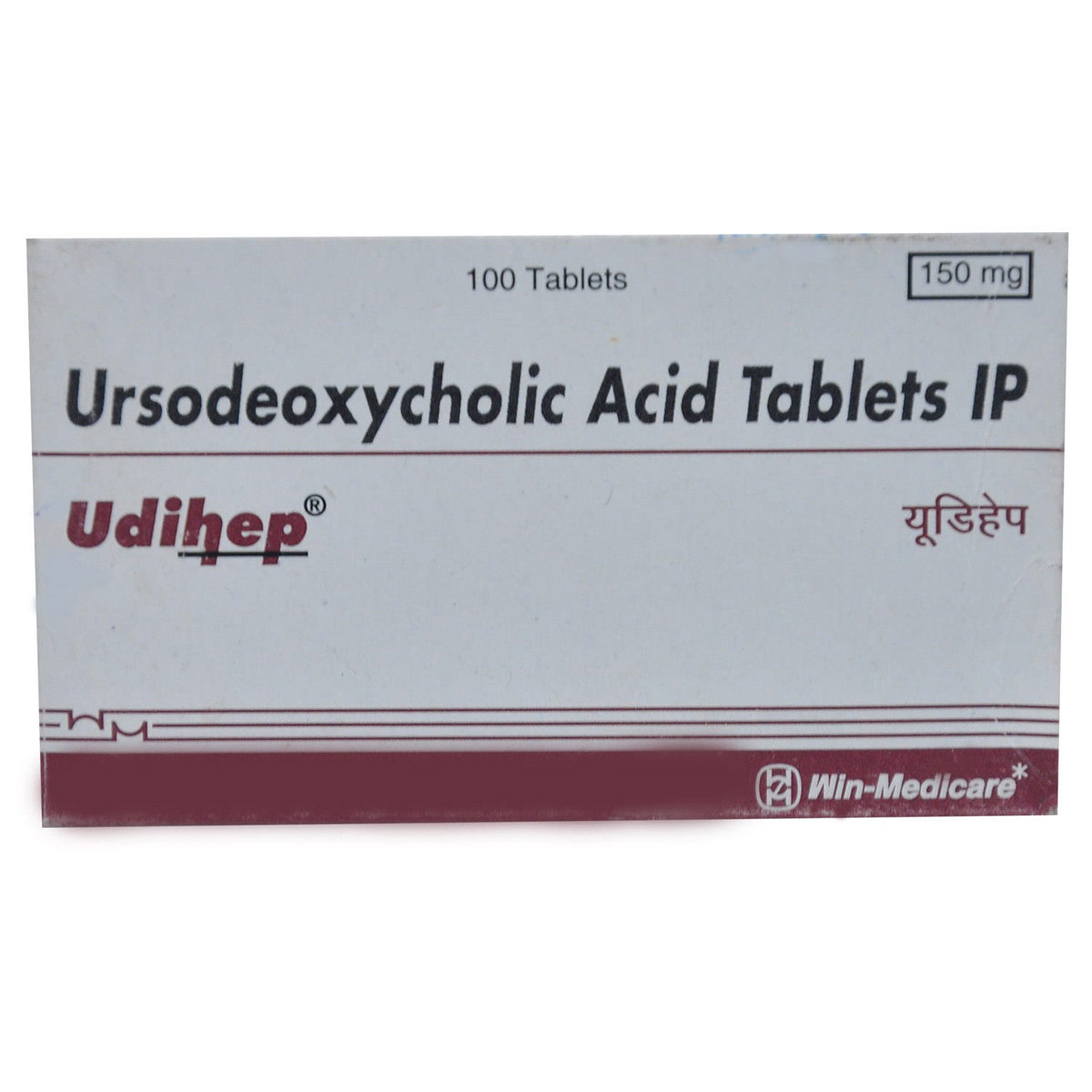

_0.jpg?tr=q-85)

